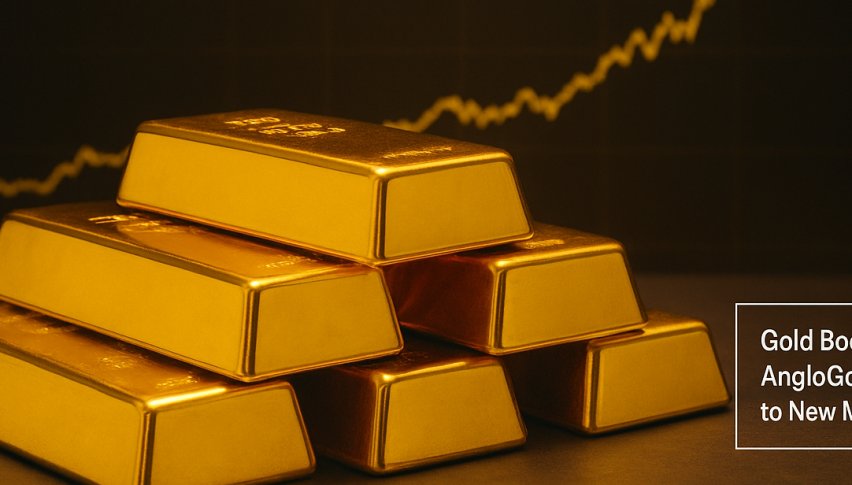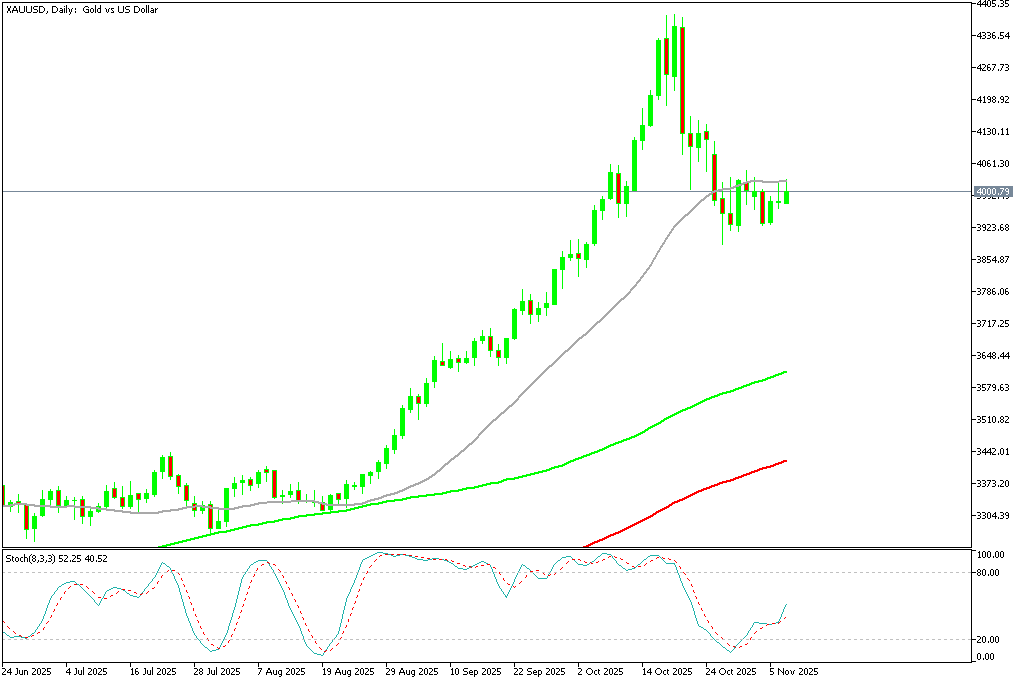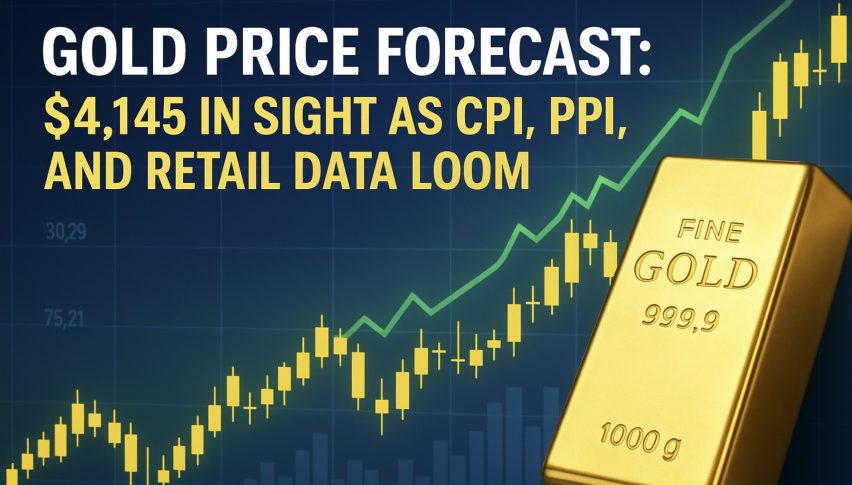Gold Price Forecast: Will XAU Uptrend Gain New Energy in a World of Shifting Risks?
Amid ongoing policy uncertainty, shifting Fed dynamics, and global trade tensions, gold remains the asset of choice for investors seeking...

Quick overview
- Gold remains a preferred asset for investors seeking security amid ongoing market volatility and geopolitical tensions.
- Despite a brief retreat from its all-time high, gold's appeal as a hedge against inflation and policy shifts continues to grow.
- Institutional demand for gold has surged, with record inflows into gold-backed ETFs and central banks holding more gold than U.S. Treasuries.
- Analysts predict that gold will maintain its upward trajectory, supported by dovish Fed policies and ongoing global uncertainties.
Live GOLD Chart
Amid ongoing policy uncertainty, shifting Fed dynamics, and global trade tensions, gold remains the asset of choice for investors seeking security and stability in volatile markets.
A Flight to Safety Amid Market Jitters
Gold surged to an all-time high of $4,381 per ounce in late October before easing back below $4,000 as investor sentiment stabilized. The sharp rally reflected deep concern over the U.S.–China trade dispute and policy uncertainty at the Federal Reserve. Yet, signs of diplomatic progress between Washington and Beijing — including the suspension of planned tariffs and an extension on rare earth export talks — briefly cooled safe-haven demand.
XAU Chart Monthly – The 20 SMA Acting As Resistance
Still, the retreat was short-lived. As the Fed cut rates by 25 basis points and signaled continued monetary support, gold quickly found fresh momentum. The metal’s resilience near the $4,000 level underscores its enduring appeal as a hedge against inflation, policy shifts, and geopolitical stress.
Policy Progress Lifts Broader Market Mood
In Washington, renewed efforts to resolve the government funding standoff have added to the market’s cautious optimism. Senate leaders plan to vote on a multi-bill “minibus” package that could reopen government operations and extend key health subsidies. A breakthrough would calm nerves in financial markets and reinforce the perception that U.S. policymakers can still reach compromise — a stabilizing development for investors across asset classes.
Fed Easing Supports Long-Term Bullish Outlook
Gold’s broader uptrend has been fueled by the Fed’s dovish turn. Since late August, when prices hovered near $3,300, expectations of softer monetary policy have driven strong buying. Chair Jerome Powell’s data-dependent stance has tempered enthusiasm for additional cuts, but analysts note that even a slow easing cycle supports higher gold valuations in an environment of persistent inflation and debt concerns.
Investment banks remain upbeat: UBS forecasts gold at $4,200 within a year, while Goldman Sachs targets $4,900 by late 2026, citing steady institutional accumulation and wealth fund diversification.
Central Banks and Institutions Reinforce Demand
Institutional demand has surged, with gold-backed ETFs attracting $26 billion in inflows in the third quarter, pushing total holdings to a record $472 billion. Meanwhile, central banks now hold more gold than U.S. Treasuries for the first time since 1996, signaling a structural shift in reserve management.
China’s decision to end its VAT rebate on domestic gold purchases may briefly cool retail buying, but continued accumulation by global institutions and sovereign funds is expected to offset this dip.
Outlook: Steady Support Amid Global Shifts
With policy uncertainty lingering and geopolitical risks unresolved, gold’s role as a stabilizing force remains intact. Whether the next catalyst comes from Fed action, fiscal negotiations, or global tensions, analysts agree that gold is likely to stay in favor — a rare constant in an unpredictable financial landscape.
- Check out our free forex signals
- Follow the top economic events on FX Leaders economic calendar
- Trade better, discover more Forex Trading Strategies
- Open a FREE Trading Account




